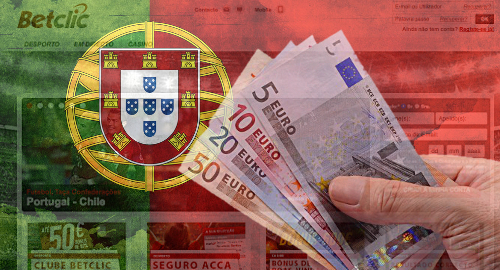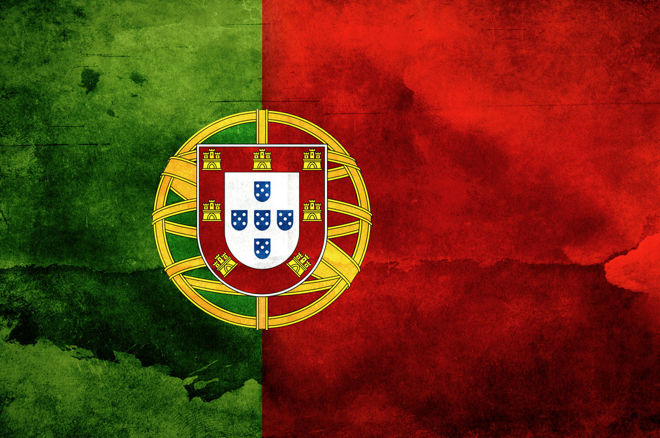
The Portuguese Association of Online Betting and Games (APAJO) is calling on authorities to take more action against illegal gambling operators, following the findings of a new study on gambling habits. Regulatory News Updates – June 1-June 5, 2020.
The time is up for Portuguese delays on online gaming laws: the Troika has ordered the government to get legislation in place by the end of the month.
Portugal Gambling Regulator Stocks
New gaming legislation has been floating in the political arena for a few years, but the fiscal crisis in Portugal and subsequent bailout by the Troika—the EU Commission, European Central Bank (ECB) and International Monetary Fund (IMF)—has brought matters to a head.
The tax revenues potentially available from regulated online gaming are considered to be an essential part of Portugal’s fiscal responsibility. The Portuguese government accepted the Troika’s demand for gaming market liberalization in a memorandum of understanding, but has delayed the implementation for political reasons.
- The Inspectorate General on Gaming is the main authority on this matter and regulates local casino operators. Internet gambling was recently regulated in Portugal, so the organization's remit has.
- This Gambling Regulation and Inspection Service is an integral part of Tourism of Portugal, I.P. And it is subject to the authority of the Tourism Secretary of State. The organism has technical and functional autonomy and is endowed with public authority powers to carry out its function.

The Troika’s patience has now run out and it has demanded action by the end of the month.
Portugal Gambling Regulator Meaning
A high gaming tax rate of up to 25% may create a counterproductive environment where taxes are low and illegal activity high, but a lower rate of gaming tax appears to be politically impossible at the moment. In November, the government removed forecast gaming tax revenues from the budget, arguing that the subject demanded an independent debate.
The Troika has now demanded that the fence sitting must end, and Portugal must liberalize its gaming market.

